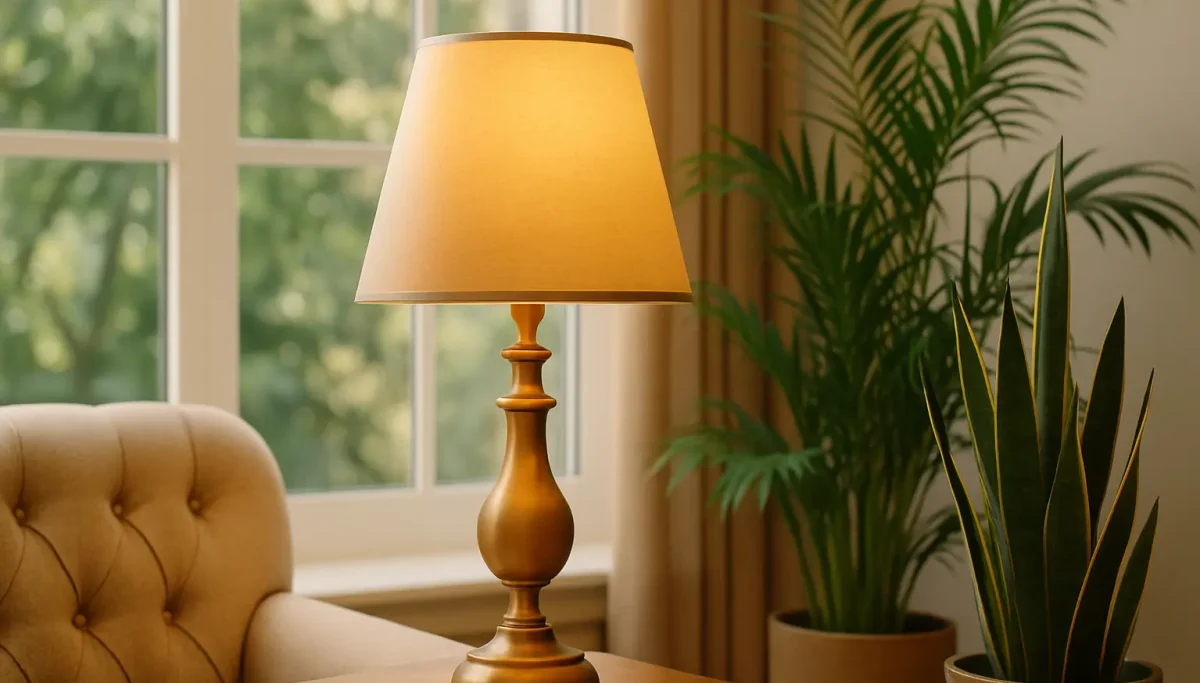I run a tiny, 18-room inn on the Oregon coast. Old cedar, creaky stairs, sweet ocean light. I serve coffee at 6:30, fold towels at noon, and check boilers at night. So yeah—hotel insurance isn’t an abstract thing for me. I live with it.
For a look at how another boutique property weaves creativity into its guest experience while managing similar behind-the-scenes realities, check out The Hotel Modern.
For readers who want the nitty-gritty, dollar-by-dollar version of the journey—including scanned policy pages and claim photos—I laid it all out in this companion piece: I Insured My Little Hotel—Here’s What Actually Happened.
I’ve carried a hotel package policy with The Hartford for four years. I also looked at Travelers and Philadelphia Insurance Companies before I picked it. For readers still comparing carriers, hotel business insurance guides from Zensurance lay out the common coverages most inns and boutique properties need. I wanted property, general liability, business income, liquor liability, and equipment breakdown in one plan. Simple, but not flimsy.
And then life tested it. More than once.
Winter storm, burst pipe, soaked hallways
January. A cold snap hit. A pipe in the third-floor linen closet burst. Water ran down two floors. It took me 11 towels, three shop vacs, and one minor meltdown.
Here’s how the claim went:
- I called the 24/7 line. They sent Servpro that day. The crew ripped out wet carpet and set fans. Loud as a jet, by the way.
- An adjuster came the next morning. He took photos, measured, and asked for my bookings.
- The policy had a $5,000 property deductible. Ouch, but fine. That’s on me.
- We had to close 6 rooms for 9 nights. Business income coverage kicked in after a 72-hour wait. They paid for the lost room revenue and kept payroll flowing for my front desk team. That part mattered. I hate cutting hours.
All in, we replaced carpet in two halls and one room, repaired drywall, and repainted. The check came in two pieces: one after the estimate, one after final invoices. Not fast, not slow—about four weeks in total. I kept every receipt in a Google Drive folder. That helped.
Did I cry in the office that third night? Maybe. But the policy did what it said. It kept the lights on while the hall dried.
Slip, fall, and the scary letter
Spring break, a guest slipped on wet tile by the spa door. We post signs, but it still happened. A month later, I got a letter from a lawyer. My stomach dropped.
General liability coverage handled it. My adjuster took the letter, hired a defense attorney, and kept me out of it. We added better floor mats and a second caution sign. The case settled. I didn’t pay out of pocket, just time and nerves. I slept again after that.
If you operate or even just visit properties with higher-risk perks—think in-suite plunge pools—liability stakes shoot through the roof. I learned a lot about that from this candid stay report: I Stayed at a Hotel With a Private Pool—Here’s the Real Deal.
The fried laundry machine
We had a power surge that killed our old washer. Equipment breakdown coverage replaced it. I paid a $1,000 deductible; they covered the rest. I learned to label every serial number and keep model photos. Sounds boring. Saved me hours.
What I actually pay (and what changed)
Numbers time, since people always ask.
- My premium was about $9,800 a year when we started.
- After the water claim, renewal jumped about 14%. Not fun, but not shocking.
- Liquor liability (we serve wine and local beer) added around $900 a year.
- I added a cyber endorsement for $250 a year for a $250,000 limit. We take credit cards and collect guest info, so yeah, I wanted that.
Travelers quoted me a tiny bit less than The Hartford, but their business income terms weren’t as solid for my payroll needs. Philadelphia Insurance Companies had a strong hospitality package too. I stayed with what I knew after the claim went well. If you operate outside the U.S. and want to see how another market structures plans, South Africa's hospitality business insurance product from OUTsurance is an interesting benchmark.
The fine print that bit me (and how I fixed it)
Here’s the part I wish I knew on day one:
- Flood isn’t covered on a standard policy. We’re two blocks from the bay, so I bought a separate flood policy through NFIP. Not cheap. Worth it.
- Earthquake isn’t included either. I priced it. Still thinking.
- “Communicable disease” exclusions are common now. So don’t expect help for closures from illness outbreaks.
- Business income has that 72-hour waiting period. Plan for that gap.
- Document everything. Photos, inventory lists, serial numbers. Boring, yes. But it smooths the whole claim.
Also, I got a small credit for hard-wired smoke detectors, a monitored alarm, and sprinklers. The underwriter liked that we have a UL-rated kitchen hood system. Safety gear doesn’t just save lives; it trims the bill.
Daily life things I didn’t expect insurance to touch
We host small weddings—nothing huge, just sweet backyard vows with string lights. Planners often ask for a certificate of insurance and to be named as additional insured. My broker sends those in a day. It saves me from awkward emails.
Pets are another curveball. If you’re curious how other boutique properties manage four-legged guests (and the extra mess and liability that come with them), this firsthand review is gold: Dog-Friendly Hotels in Portland, Maine—My Real Stays With My Pup.
Every so often, the “humans will be humans” factor shows up in more surprising ways—like a midnight streak through the hallway or impromptu topless sunbathing on the balcony. Understanding why some guests feel totally at ease flashing the world can help you write clearer conduct policies (and boost your risk checklist for public-decency complaints). A short but revealing French essay, Je montre mes seins breaks down the personal motivations behind spontaneous exposure; skimming it gives hotel owners insight into setting respectful boundaries without coming off as prudish.
Similarly, I’ve fielded bookings from guests arranging a discreet first meet-up for a sugar-dating relationship—a growing travel segment you might not have on your radar. For a crash course on the expectations and etiquette common in that world, the free guide at Raleigh Sugar Baby Scene outlines how both sides typically approach hotel meet-ups, giving you actionable context for formulating house rules and front-desk training that keep everyone safe.
And yes, I did a midyear property value check. Lumber costs rose. My agent bumped our building limit to match real rebuild prices. If I ever lose a wing in a storm, I don’t want to find out I was short.
What I love
- Business income that actually paid—and kept my staff on payroll.
- Clear help on the injury claim. They handled the scary stuff.
- One phone number, one claim portal. Upload, done.
What bugs me
- Renewal hikes after a claim. It stings.
- Flood is separate. It feels like a trap for coastal places.
- Paperwork. I know it’s needed. Still, it piles up.
Little things that helped me win the boring game
- Take hallway photos each season. If you remodel, snap everything—floors, fixtures, even the ice machine.
- Keep a simple bookings report. Mine lives in Excel. The income part of a claim needs real numbers, not vibes.
- Walk your property after storms. I carry blue tape. I mark scuffs, leaks, and loose trim as I go.
- Train the team. “If water hits carpet, call me. Now.” It’s our running joke, but we mean it.
So…would I pick it again?
Yes. Not because it’s perfect, but because it worked when the floor was wet and the phone was hot. I don’t need cute perks. I need checks that clear and people who call me back. I got that.
If you run a small hotel, inn, or even a big old B&B, here’s my two cents: pick a policy that treats business income like it’s real money—because it is. Add equipment breakdown. Think hard about flood. And talk to a human broker who knows hospitality, not just offices and shops.
You know what? Hotels are little cities. Pipes, people, pillows, and a hundred tiny risks. Insurance won’t make you rich. But when that pipe bursts at 2 a.m., it might just keep your doors open. And that’s the whole point.

